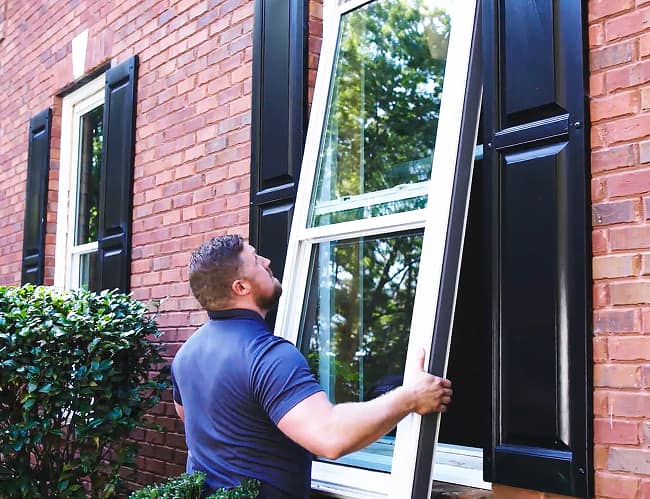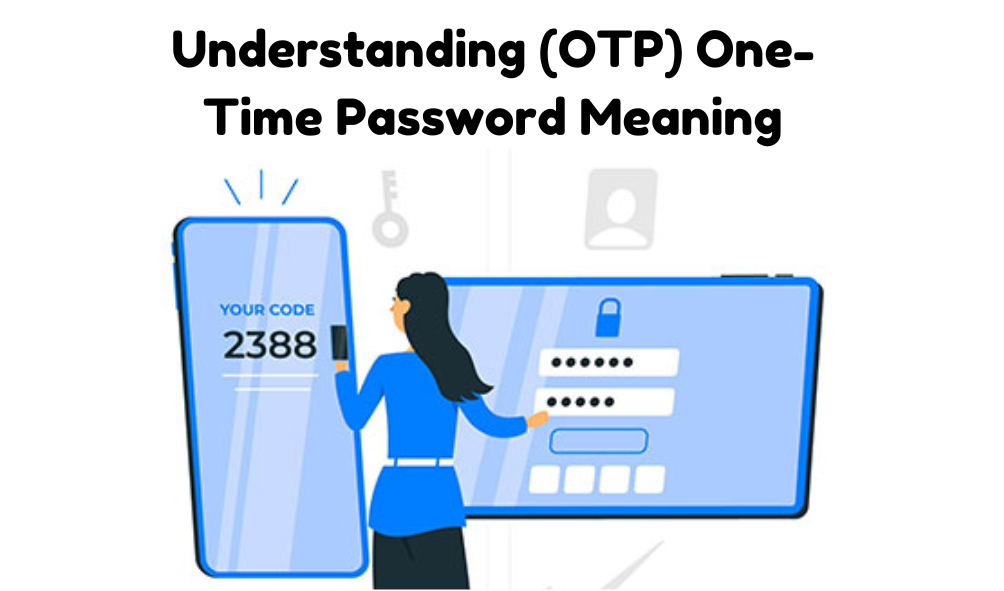Proofreading is an essential step in the writing process, ensuring that your content is polished and free of errors before it is shared with others. Whether you are preparing a manuscript, a research paper, or a business document, the question of how long proofreading should take is crucial. Many people may wonder whether proofreading should be a quick check or a more comprehensive process. This article explores the factors that influence proofreading timelines and the role of professional proofreading services in meeting deadlines.
Understanding the Importance of Proofreading
Before diving into the specifics of how long proofreading should take, it is essential to understand the importance of the process. Proofreading is the final step in the writing journey, typically occurring after editing, which focuses on the structure, content, and style of the document. Proofreading focuses on fixing grammatical, spelling, punctuation, and typographical errors. It also helps ensure that your content is clear, concise, and consistent.
A document full of errors can create a poor impression on your audience, whether it’s a potential employer, a client, or an academic institution. For this reason, it is crucial to give proofreading the time and attention it deserves.
Factors That Impact How Long Proofreading Should Take
The length of time proofreading should take depends on various factors. Let’s break them down to understand why it can vary:
1. Length of the Document
The most obvious factor in determining how long proofreading should take is the length of the document. A short email or memo may only take a few minutes to proofread, while a long novel or academic dissertation will require much more time. Longer documents typically contain more text, and therefore, more potential errors, making the proofreading process more time-consuming.
- Short Documents: For shorter documents, such as business emails or reports (1-10 pages), proofreading may take between 30 minutes and 1 hour.
- Medium Documents: For medium-length documents (10-30 pages), proofreading can take anywhere from 1 to 3 hours.
- Long Documents: For lengthy documents, such as books or academic theses (50+ pages), proofreading can take days, especially if the document is complex and requires in-depth checking.
2. Complexity of the Content
Not all content is the same. If your document includes technical terms, jargon, or is written in a specific niche area, it may take longer to proofread due to the need for careful checking of specialized language. In contrast, a straightforward narrative or general business communication might take less time.
A professional proofreading service can help in such cases, as they often employ experts in various fields who are familiar with the terminology and nuances of different industries. They can ensure accuracy in both language and context.
3. Quality of the Original Draft
The quality of the initial document will also play a significant role in the proofreading timeline. If the document has already been well-written and edited, it will likely contain fewer errors, reducing the time needed for proofreading. On the other hand, if the document is riddled with mistakes or inconsistencies, it will take much longer to proofread.
For example, academic papers that have already undergone thorough editing and revisions may require a relatively quick proofreading process. In contrast, documents with many errors or lack of clarity may require additional time to check for consistency and coherence.
4. Deadline and Urgency
Time constraints are another important factor in determining how long proofreading should take. If there’s a strict deadline, you may need to speed up the proofreading process. However, this can come at the cost of thoroughness. Rushing through proofreading can result in missing key errors, which can undermine the overall quality of the document.
For documents that have tight deadlines, using professional proofreading services can be an excellent solution. These services often have teams of proofreaders who can handle large volumes of work in a short time while ensuring quality.
5. The Purpose of the Document
The purpose of the document is another consideration. For instance, a business proposal or marketing brochure needs to be flawless since it directly impacts your company’s image. In contrast, a casual email or personal blog post may not require as much time for proofreading, as it might not be as high-stakes.
High-stakes documents such as job applications, academic papers, and legal contracts may need a more meticulous and longer proofreading process, as they need to be error-free to achieve their purpose.
Typical Proofreading Timelines
Given these variables, here’s a general timeline to guide you in understanding how long proofreading might take for different types of documents:
1. Emails and Short Correspondence
For short, everyday communication such as emails, proofreading should typically take no more than 10-20 minutes. Ensure that you check for basic spelling, grammar, punctuation, and clarity issues. If it’s a formal email or business communication, give it an extra once-over for tone and professionalism.
2. Reports and Essays
For business reports, essays, or medium-length documents (5-20 pages), proofreading can take anywhere from 1 to 3 hours. Depending on the complexity of the content, the time required may increase. For documents that require multiple rounds of proofreading, it’s best to break it into smaller tasks, reviewing sections at a time.
3. Books and Long Documents
When proofreading longer documents such as novels, books, or academic dissertations, the process can take several days. For a 100-page document, expect the proofreading to take anywhere from 1 to 5 days, depending on the level of detail and depth required. The key is to not rush the process to ensure a high-quality result.
4. Professional Services
If you opt for professional proofreading services, they can work according to your desired timeline. Typically, professional proofreading services offer turnaround times ranging from 24 hours to a few days, depending on the size of the document and the level of service required. Most services allow you to specify the urgency of your proofreading needs, with expedited services available for documents that need to be proofread quickly.
How to Improve the Efficiency of Proofreading
While proofreading is an essential step, there are ways to improve its efficiency and reduce the time it takes without sacrificing quality:
1. Take Breaks Between Drafting and Proofreading
If you have time, it’s advisable to take a break between drafting and proofreading. This will help you come back to the document with fresh eyes and make it easier to spot errors. For larger documents, you may want to break it up into smaller sections to avoid feeling overwhelmed.
2. Use Technology
Using software tools such as grammar checkers or spelling tools can assist in the proofreading process, but they should not replace human proofreaders entirely. These tools can help catch basic mistakes, but they often miss contextual or subtle errors that only an experienced human proofreader can identify.
3. Create a Checklist
Having a checklist for proofreading can help streamline the process. This checklist should include checking for consistency in formatting, spelling, punctuation, grammar, and style. By following a systematic approach, you can ensure that no errors are overlooked.
When Should You Consider Hiring Professional Proofreading Services?
If you are running short on time or if your document requires a high level of accuracy, hiring a professional proofreading service is an excellent option. These services provide an expert set of eyes that can quickly and efficiently identify errors and provide valuable feedback. They also offer the benefit of objective, unbiased proofreading, which can be crucial for ensuring that your content is error-free and polished.
When choosing a proofreading service, look for one with a track record of success and one that can handle documents of your type and length. A professional proofreading service can save you time and give you peace of mind knowing that your document is in expert hands.
Conclusion
The timeline for proofreading depends on several factors, including the length, complexity, quality, and purpose of the document. While shorter documents may only require a few minutes of proofreading, longer or more complex documents may take hours or even days to perfect. If you’re under a tight deadline or want to ensure the best possible quality, professional proofreading services are an invaluable resource. Ultimately, the time invested in proofreading will pay off in the quality and accuracy of your final document.
By understanding the factors that affect proofreading timelines, you can better plan and allocate time to this critical step in the writing process. Whether you choose to proofread on your own or enlist the help of professionals, giving yourself the necessary time to proofread is essential to achieving the best results.









